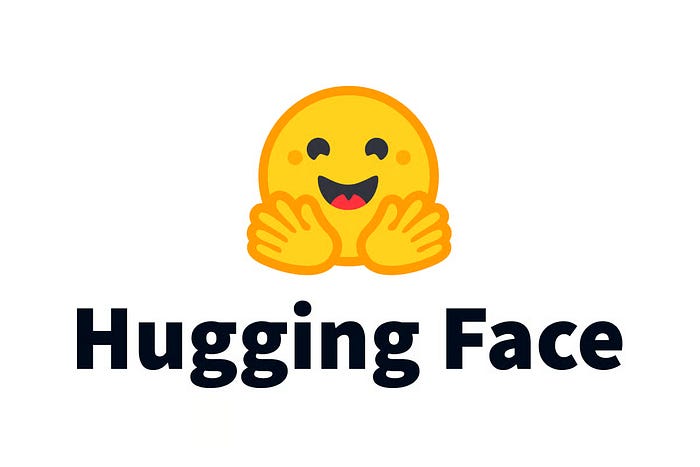European Parliament Approves Landmark AI Regulation: The AI Act
The European Parliament has made history by approving a groundbreaking political agreement on artificial intelligence, known as the AI Act. This landmark legislation sets the stage for the world’s first major set of regulatory rules governing AI within Europe.
After 37 hours of debates, European Union officials reached a provisional deal in December, leading to the development of the AI Act. This legislation categorizes AI technologies based on risk levels and outlines what is prohibited, as well as key requirements for using high-risk AI and penalties for non-compliance. The ultimate goal of the AI Act is to strike a balance between innovation and protecting fundamental rights.
The AI Act identifies several examples of high-risk AI applications, including critical infrastructure, education, healthcare, law enforcement, and democratic processes. It also mandates that users be informed when interacting with chatbots and requires AI systems that generate or manipulate content to disclose if it has been artificially generated or manipulated.
The Council of the European Union is expected to officially adopt the text by the end of April, with the ban on prohibited uses taking effect within six months. General-purpose AI rules, including governance, will come into effect in early 2025.
Deputies in the European Parliament have praised the AI Act, with Internal Market Committee co-rapporteur Brando Benifei calling it “the world’s first binding law on artificial intelligence.” Benifei emphasized the importance of reducing risks, creating opportunities, combating discrimination, and promoting transparency in AI practices. The establishment of the AI Office will support companies in complying with the rules before they come into force, ensuring the protection of workers and citizens in Europe.


















